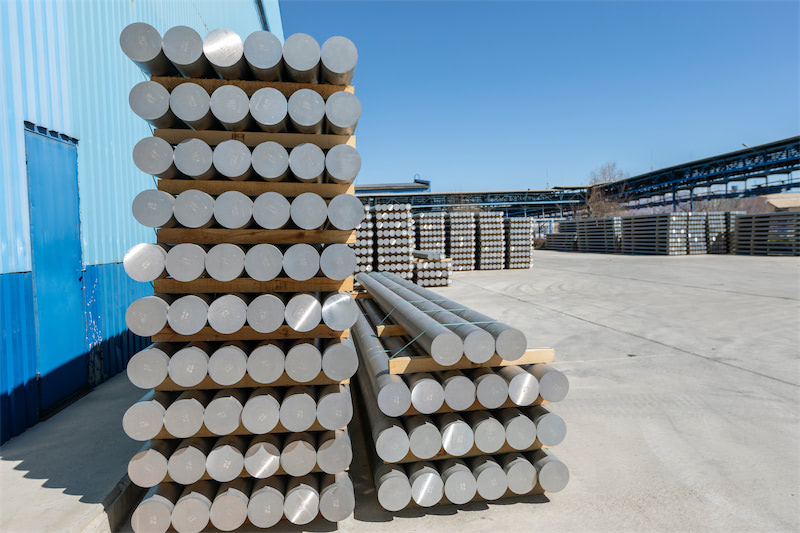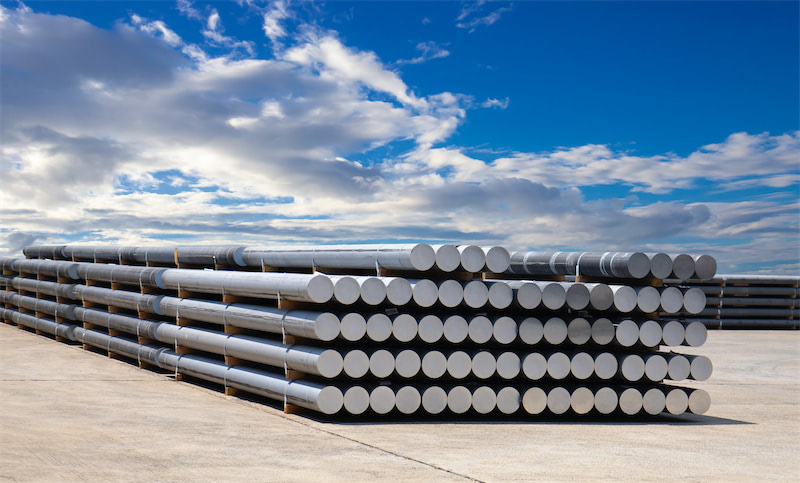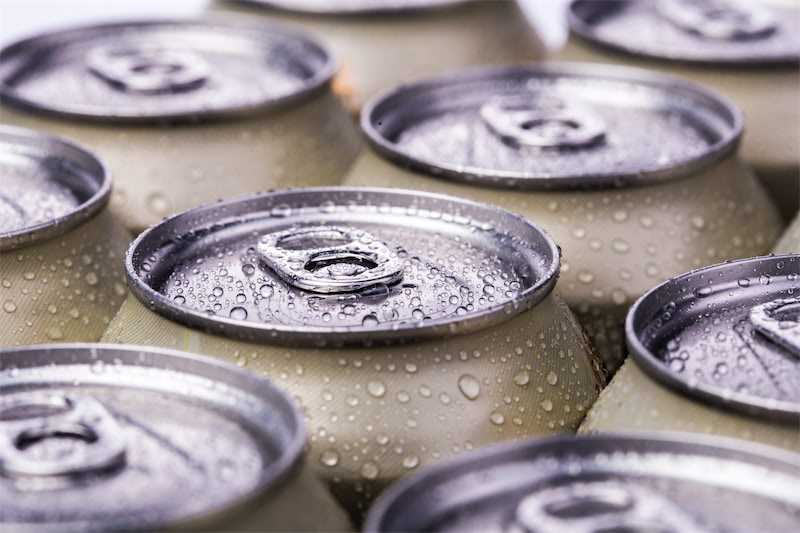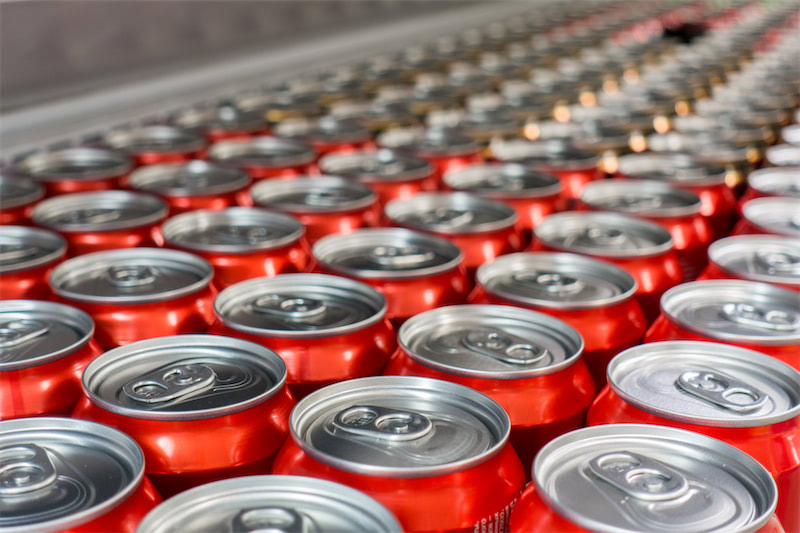SHANGHAI, Dec 9 (SMM)—On December 7, cities of Anyang, Xinxiang, Hebi and Jiaozuo of Henan province re-launched red alerts for heavy air pollution and issued Level I emergency response, requiring industrial enterprises to halt or reduce output, construction sites to suspend, and construction trucks to stop running, so as to reduce emission.
As of December 8, Henan Gongyi and Luoyang have yet to raise orange warnings to red ones, but the two places are likely to extend their production restrictions to the end of December.
As many aluminium processors are in Henan, this move has attracted investors’ attention. In overnight trading of December 8, the most-active SHFE 2101 aluminium contract fell by 1.02% in just eight minutes after the bell. Aluminium processors in Anyang, Xinxiang, Hebi and Jiaozuo almost all suspended production, while in Gongyi and Luoyang, orange warning areas, some of the large-scale processors restricted production and small and medium-scale processors suspended or cut output.
Enterprises in Henan are classified into four categories A, B, C and D, and the four grades enterprises are required to comply with different production restriction policies. Under the red alert for heavy air pollution, grade A and B producers should restrict production, while grade C and D producers should suspend production. Under the orange alert, grade A and B enterprises could restrict production flexibly, while grade C enterprise should cut production by 50% and grade D producers halted production. Currently, most of the aluminium processors in Henan are classified as B, C and D.
Jiaozuo: Local aluminium processors involved in smelting, casting and rolling were all required to shut down their production lines. Jiaozuo is a concentration place for aluminium rod markets, and currently almost all local aluminium rod producers with total annual capacity of 300,000 mt were in suspension.
Luoyang: The key producer Longding (annual capacity: 360,000 mt) operated as usual, Henan Wanji (annual capacity: 250,000 mt), restricted its production of smelting and casting lines by 50%, while other small and medium-scale producers cut 50% of output or fully halted production.
Gongyi: Key producers Mingtai Aluminium (annual capacity: 900,000 mt) and Yongtong Aluminium (annual capacity: 600,000 mt) operated normally, while other large-scale producers were asked to reduce production by 20-50% and small and medium-scale producers suspend production.
Other cities: Due to the strict production restrictions in the cities mentioned above, some orders were transferred to other cities without production restrictions.
Total annual capacity of aluminium plate, strip and foil producers in Henan stood close to 4 million mt, and capacity in Gongyi, Luoyang and Jiaozuo accounted for more than 80% of the total. The production restriction in Henan is expected to affect 37.5% of aluminium plate, strip and foil capacity, or about 1.5 million mt, reducing demand for primary aluminium by about 4,000 mt/day.
SMM believes that the production restrictions will have a great impact on aluminium processors in Henan, but investors should not be too pessimistic about the aluminium market, as the restrictions mainly affected demand from aluminium plate, strip and foil producers involved in smelting and casting processes while the overall aluminium demand remained strong. These affected producers could subcontract smelting and casting lines or purchase aluminium billets or ingots to skip the smelting and casting processes in order to limit the negative impact of the production restrictions.



